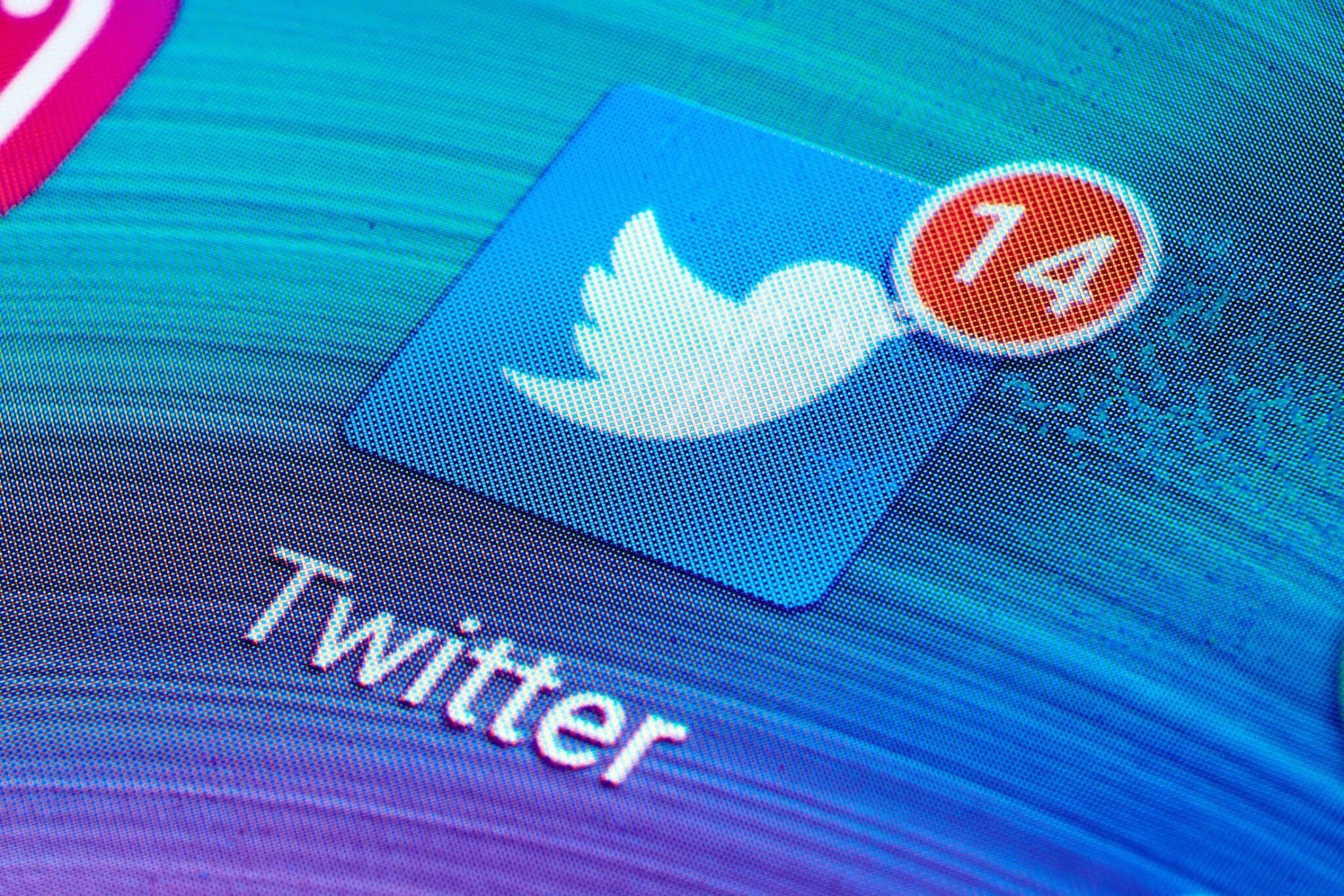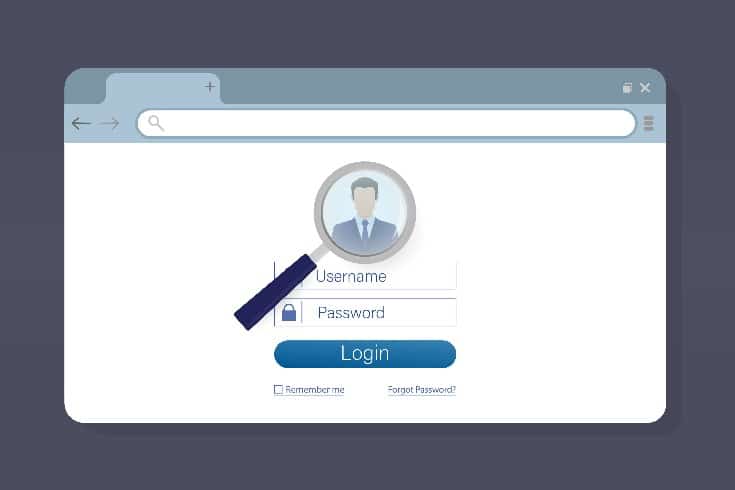Revision of Twitter's Hate Conduct Rules and Account Suspension/Deletion

On March 6, 2020, Twitter revised its rules regarding hate conduct and announced an “Update to Twitter’s Policy on Hate Conduct”. With this revision, tweets that deny the humanity of others on the basis of age, disability, or illness will be prohibited in the future. Even if they do not contain specific threats of violence against a particular individual, they may be requested for deletion if reported, and depending on the situation and context, the account may be suspended.
https://monolith.law/reputation/deletion-twitter-tweets[ja]
Revision of Past Hate Conduct Rules

Twitter has revised its rules on hate conduct several times in the past. They have stated that these revisions were made based on their policy change process, and they sought opinions from external advisory boards and others when implementing changes and ideas.
For example, in December 2017 (Heisei 29), they expanded their “policy on violence and physical harm”. In addition to the existing prohibitions on “violent threats, serious physical harm, death, or disease directed at individuals or groups”, they added related items and banned accounts associated with groups that use or advocate violence. This includes promoting violent acts or their perpetrators, encouraging imitation, and targeting people belonging to specific groups. If such content was found, the relevant tweets were requested to be removed, and accounts that repeatedly violated these rules were permanently suspended. Examples of images that were banned at this time include:
- Symbols associated with historically hate-promoting organizations (such as the Nazi swastika)
- Images including individuals treated inhumanely, or images that have been modified to include symbols of hate (such as modifying individual images to resemble beasts)
- Images that have been modified to include symbols of hate, or to mention mass atrocities targeting people in categories protected in some countries or regions (such as modifying individual images to insert the Star of David, reminiscent of the Holocaust)
These were some of the examples given.
Furthermore, in 2018, Twitter considered a wide range of opinions and asked users for feedback on how their policies affect various communities and cultures. Based on over 8,000 responses received from more than 30 countries, they reviewed and on July 11, 2019 (Reiwa 1), they banned tweets that deny the humanity of others for religious reasons.
Revision of Hate Conduct Rules
With the recent revision, tweets that “deny the humanity of others” on the grounds of age, disability, or illness are now prohibited. The addition of “illness” is seen as a measure against the expected increase in discriminatory tweets against those infected with the novel coronavirus (COVID-19) as anxiety about the disease spreads.
The prohibited tweets cited as examples include:
- “All people of (age group) are like flies and leeches, not worth any support.”
- “People with (disability) are less than human and should not be seen in public.”
- “Patients with (disease) are pests that contaminate everyone around them.”
From now on, such statements that deny humanity based on age, disease, or disability may be requested for deletion if reported, and depending on the situation and context, there is a risk of immediate account suspension. Twitter has traditionally prohibited discriminatory statements, attacks, and incitement of violence based on attributes such as race, nationality, place of origin, gender, sexual orientation, gender identity, faith, age, illness, and disability.
The rule of “prohibition of dehumanizing treatment” was introduced to deter the problem of hate conduct and harassment on Twitter, especially the incitement and attacks on Twitter leading to real-world criminal acts and violence. According to Twitter, behavior that belittles people based on their attributes, like “insects,” even if it is not a direct threat or incitement of violence against a specific individual or group, gives the impression that dehumanizing treatment of others is tolerated when encountered daily, and it has been revealed by researchers of hate and violence that it promotes real-world violence.
In the future, statements that deny humanity (dehumanize) based on these attributes, such as tweets comparing a specific age group or disease-infected individuals to pests, will be subject to deletion even if they do not contain a specific threat of violence against a specific individual. The most important thing for Twitter is to deal with the real physical harm that occurs away from Twitter, and it has been revealed by research that words that deny humanity increase such risks.
https://monolith.law/reputation/crime-on-twitter[ja]
Why These Categories?
According to feedback Twitter received from its users in 2018, the most common requests were:
- Clarification of requirements
- Narrowing down the target
- Taking consistent measures
It seems these were the main concerns.
“Clarification of requirements” refers to the suggestion that Twitter could be improved by defining its policies in more detail, providing more examples of violations, and explaining when and how context is considered. It is important to incorporate such feedback when adjusting rules and to add more detailed explanations to clarify the rules.
“Narrowing down the target” refers to the opinion that the term “identifiable group” is too broad. It suggests that tweets should be linked to specific words that deny humanity and to political groups, hate groups, and other non-mainstream social groups. For example, the term “monsters” used by hate groups has a different meaning from when it is used in conversations among fans or friends who have agreed to use it in a certain context. It is suggested that these terms should be linked to their respective groups, but this is a difficult issue to judge.
“Taking consistent measures” is, of course, a given. However, it seems that concerns were raised about Twitter’s ability to implement enforcement measures with fairness and consistency. Twitter has built a thorough training process for its teams over a long period of time, and for this policy update, they have taken the time to consider real examples of potential violations of this rule.
Before this revision, Twitter already had a basic principle prohibiting discrimination and harassment based on age, gender, place of origin, gender identity, etc. It might seem logical to add these attributes to the “prohibition of denial of humanity” rule. However, according to Twitter, this was not done because the three points mentioned above were frequently raised in user feedback. Also, in order to understand cultural nuances, it was necessary to spend sufficient time training the enforcement side using real examples, and this has now become possible.
Global Working Group by External Experts

Twitter has reportedly established a “global working group of external experts to consider how to deal with speeches that deny humanity, targeting more complex categories such as race, ethnicity, and country of origin.” This group is expected to understand subtle nuances, important regional and historical backgrounds, and ultimately answer questions such as:
- How to protect conversations within non-mainstream groups, including the use of terms generally considered discriminatory
- How to take appropriate enforcement measures within an appropriate range, reflecting necessary elements such as the severity of the violation, after sufficiently considering the background
- How to consider whether a specific group to be protected has historically been a minority and whether it is currently a target of harm when assessing the severity of harm, and whether it should be considered
- How to respond to power dynamics operating between different groups
This is indeed a difficult issue that requires an understanding of “subtle nuances” and “important regional and historical backgrounds”, and can only be realized if these abilities are in place. However, Twitter intends to continue to expand its rules carefully and effectively.
Deletion and Account Suspension
When determining penalties for policy violations, Twitter considers various factors such as the severity of the violation and the violator’s past violation history. For instance, the violator may be asked to remove the offending content and use the platform in read-only mode for a certain period before they can tweet again. If further violations occur, the read-only mode period may be extended, and ultimately, the account may be permanently suspended. If the account’s activity is primarily aggressive, or if it is deemed to have shared intense physical threats, Twitter may permanently suspend the account upon initial investigation.
With this revision, not only new tweets but also past tweets are subject to mandatory deletion if a violation report is received. However, if a violation report is received for a tweet posted before March 6, 2020 (Heisei 32), the tweet in violation must be deleted, but the account will not be suspended. Of course, the exemption from account suspension applies only to “posts made before the rule was enforced”, so if you post a violating tweet after March 6, you could potentially face severe penalties (account suspension, termination).
Warning Labels for Tweets Including Fake Media

On March 5th, the day before the announcement of the “Twitter Policy Update Against Hate Acts”, the iOS version of the Twitter app was updated to version 8.11. In the release notes, measures for “tweets containing manipulated images or videos that could potentially cause confusion or damage” (label display of manipulated media, warnings before retweeting, etc.) are mentioned.
“At Twitter, we recognize that there are tweets containing manipulated images or videos that could potentially cause confusion or damage. From March 5th, labels will be added to indicate such tweets and convey their background information,” the measures say. For tweets that potentially harmful and contain “synthetic or manipulated content”, the following measures will be taken:
- A label (manipulated media) will be displayed on the tweet
- A warning will be displayed before retweeting or liking
- The relevant tweet will be less visible on Twitter and will not be recommended
- Additional information, such as links to websites containing background information, will be displayed when possible
These measures have been implemented. Although there is no direct relationship with the policy update against hate acts, it is interesting as a trend of Twitter, as it happened at the same time.
Summary
It seems that Twitter is continuously striving to evolve by taking various measures. The end of the recent update announcement states, “Twitter will continue to contribute to the global community and build Twitter in a way that truly reflects the voices of our users in the development and functionality of our policies and products. We plan to expand the scope of our policies.” It will be interesting to see in which direction they will head, and we will continue to keep an eye on Twitter’s future developments.
Category: Internet





















